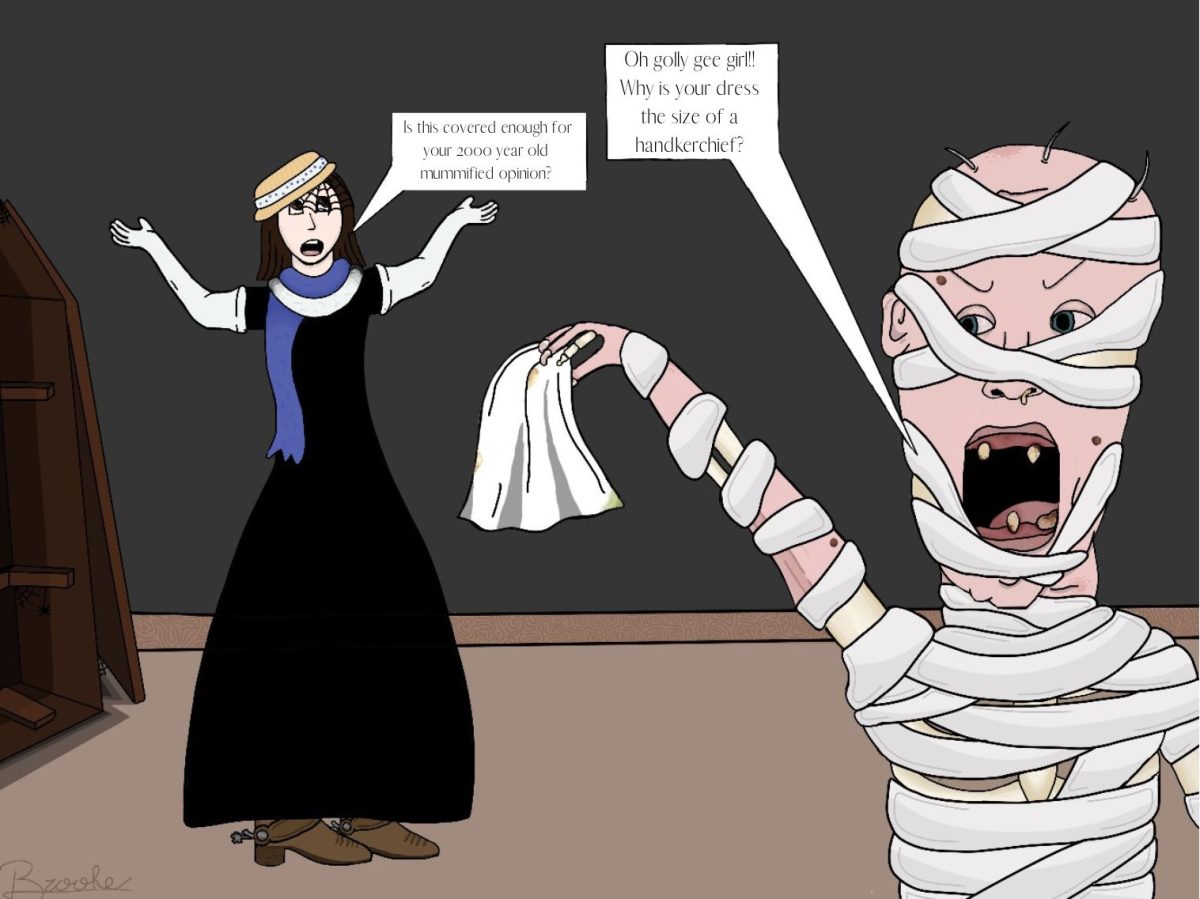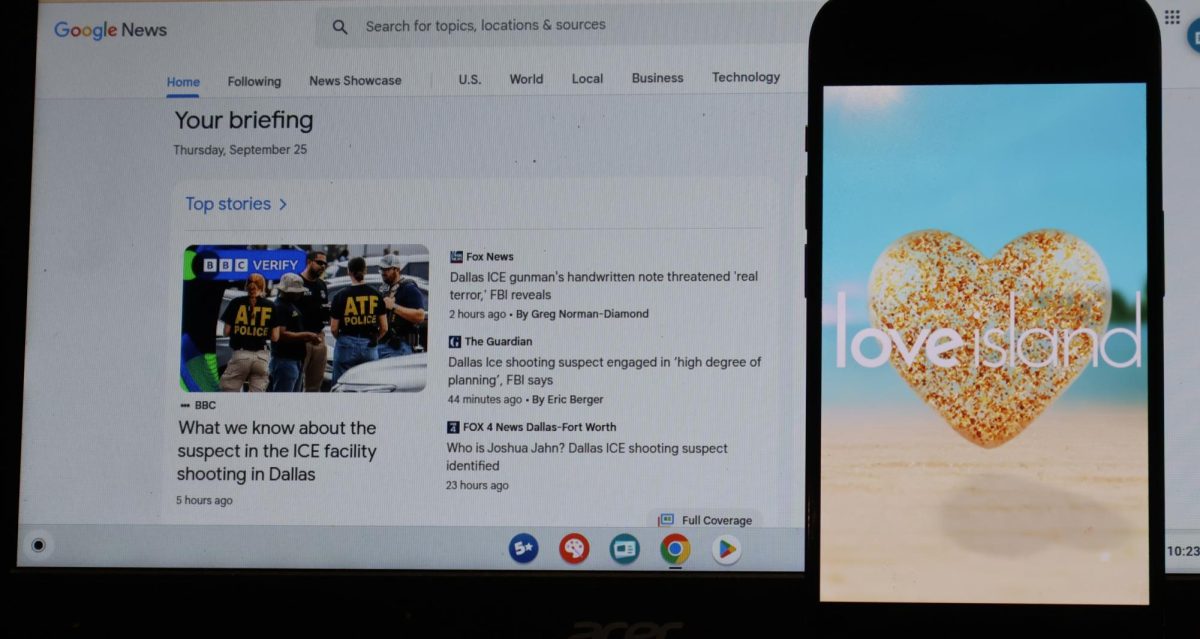January 31, 5:00 PM: families are gathering around the dinner table, workers are commuting home for the day, and gendered pronouns have officially been erased from the email signatures of select government employees. The order was sent in accordance with President Donald Trump’s “Defending Women from Gender Ideology Extremism and Restoring Biological Truth” executive act, which aims to “defend women’s rights” by establishing that “women are biologically female, and men are biologically male.” Albeit, there is no mention of pronouns within this act in particular, but then again, the government will do government things.
At least that was my foolish reasoning at the time. When I first read about this new change, I wasn’t initially fazed; I had become desensitized to the Trump Administration’s multiple changes against diversity and gender ideology by around the 20th signed executive act. I thought it would be best for my mental health to minimize my anger and frustration towards these changes. But the beginning of the pronoun purge reintroduced me to an emotion I had been suppressing this entire time: fear.
At its core, the listing of pronouns alone is a sign of a safe space for queer people. When I first entered this school, I took note of the few teachers that asked for pronouns in their student surveys. It made me feel welcomed into their classroom, and I knew that I wouldn’t have to hide who I am as much as I did at home. It’s because of this enlightening feeling that I knew I wanted to introduce myself to the Southwest Shadow team with my pronouns big and bold on my slideshow. I knew at least one person in the room would see me and our staff as a safe space where they could be their authentic selves, much like how I felt several years ago.
You would think that two words with a slash between them wouldn’t be such a big deal, but it is. It doesn’t matter if the person listing their pronouns is cisgender or heterosexual or whatever—everyone has pronouns whether they actively realize it or not. Pronouns validate queer people and their existence; it makes them not feel so alienated or ridiculous for the way they identify themselves. In extreme cases, pronouns can save lives.
Pronouns were never supposed to become a hot topic of debate. They were never meant to be offensive, and most importantly in this day and age, they were never meant to be political. Something that brings people so much happiness and comfort should not become rooted in politics. The Trump Administration’s attempt at erasing this innocent, yet deeply important aspect of LGBTQ+ culture only proves that their goal is to eliminate anything that makes queer people feel safe in this country. They are starting with the people closest to them, their government employees—but who’s next? Schools? Workplaces? Everybody? When will the day come that Trump signs something that I can no longer ignore, that I will burst into tears when I hear the news? With each day getting worse for minorities in America, I fear more and more that that day may be tomorrow.
If Trump wants to get rid of something so small that it doesn’t even invade his personal life, yet so critical to who I am as a person, then so be it. But I hope he knows that no matter how afraid we may be, it is going to take more than his signature to erase the decades of love and acceptance that the LGBTQ+ community has built for itself.

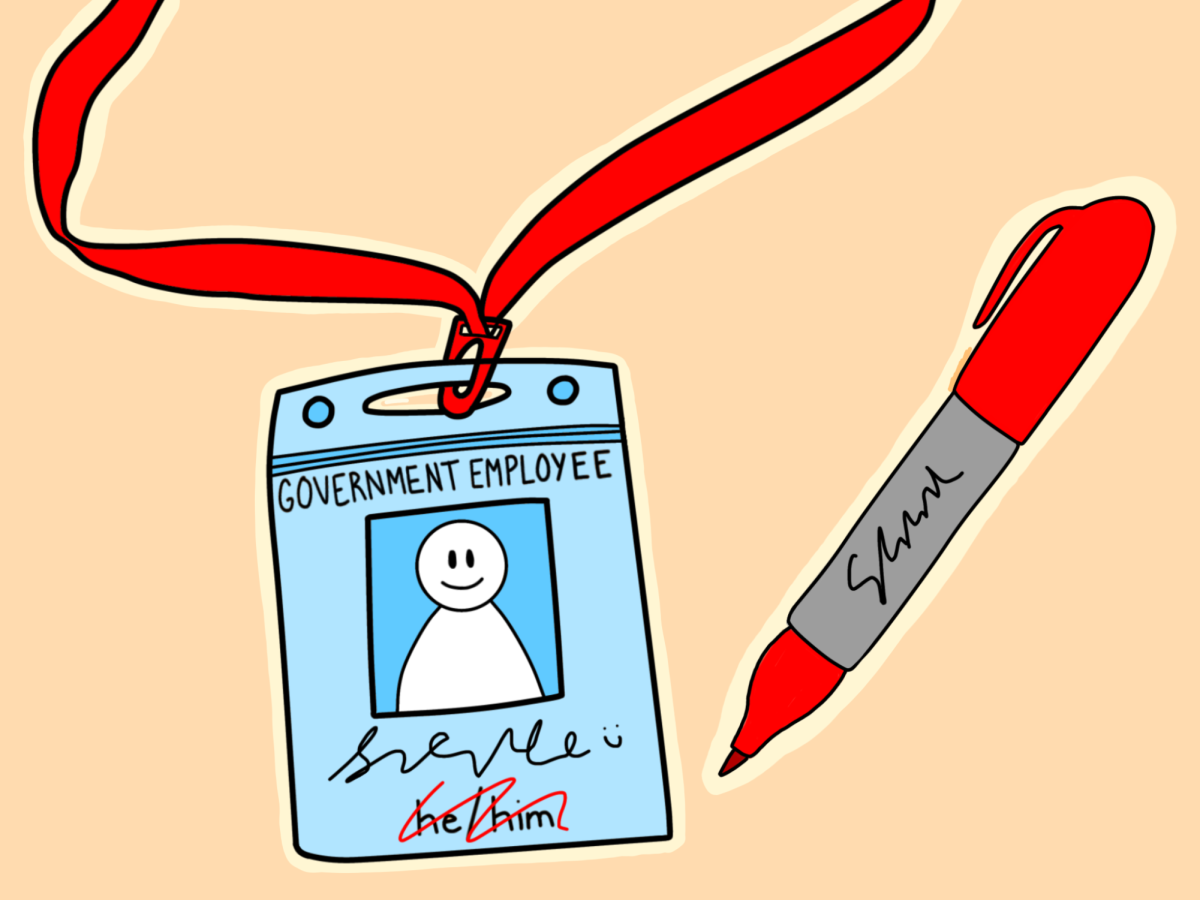

![In his fifth period World History class, Thur works with his students individually, helping them as they sort through notes and assorted historical documents. “I’m always willing to try something new,” Thur said. “Some of my best ideas that I’ve received over the years are from students. This year I’m trying out stations for the first time and kids are rotating through and it’s working. Well, some things are [working], I’ve still got to work out the kinks with it. The kids change, why shouldn’t I change too?”](https://southwestshadow.com/wp-content/uploads/2025/10/IMG_8991-1200x800.jpg)
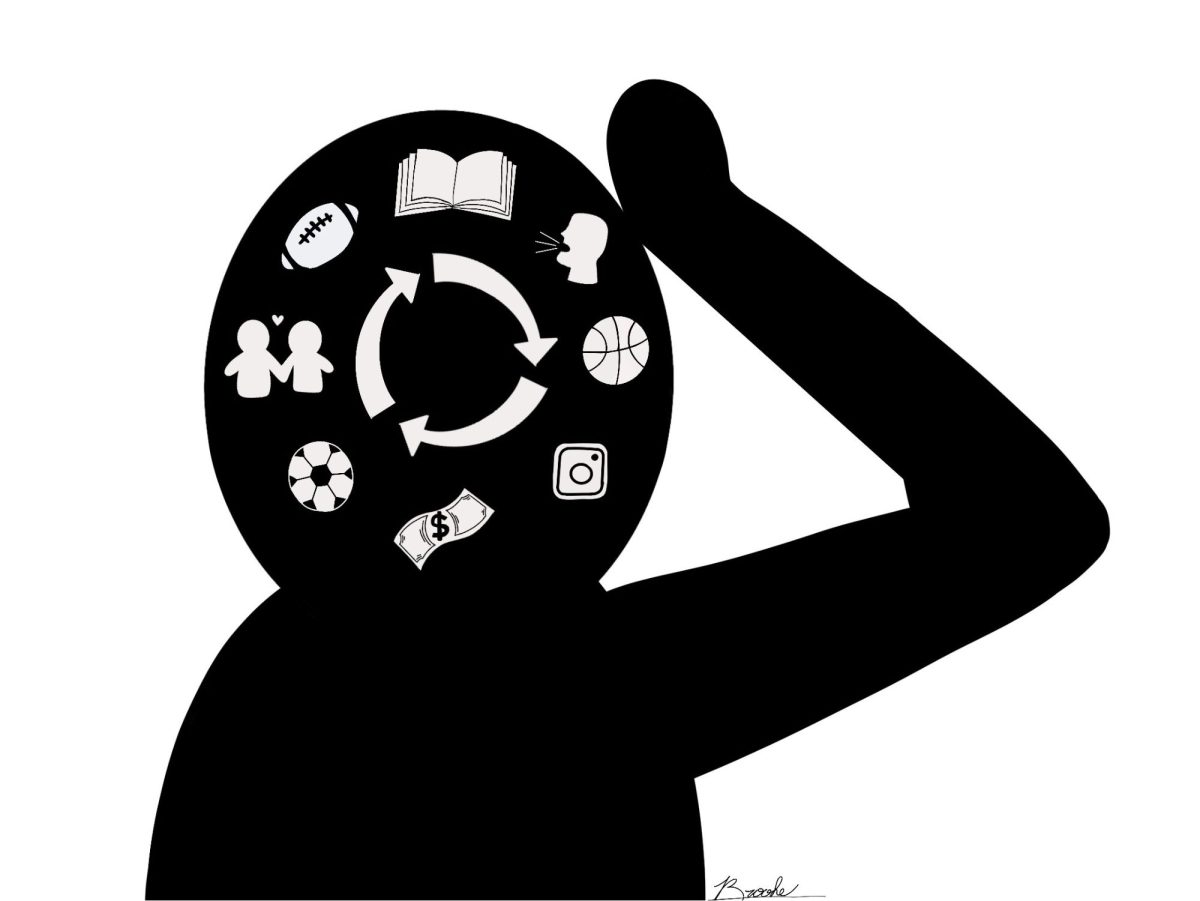
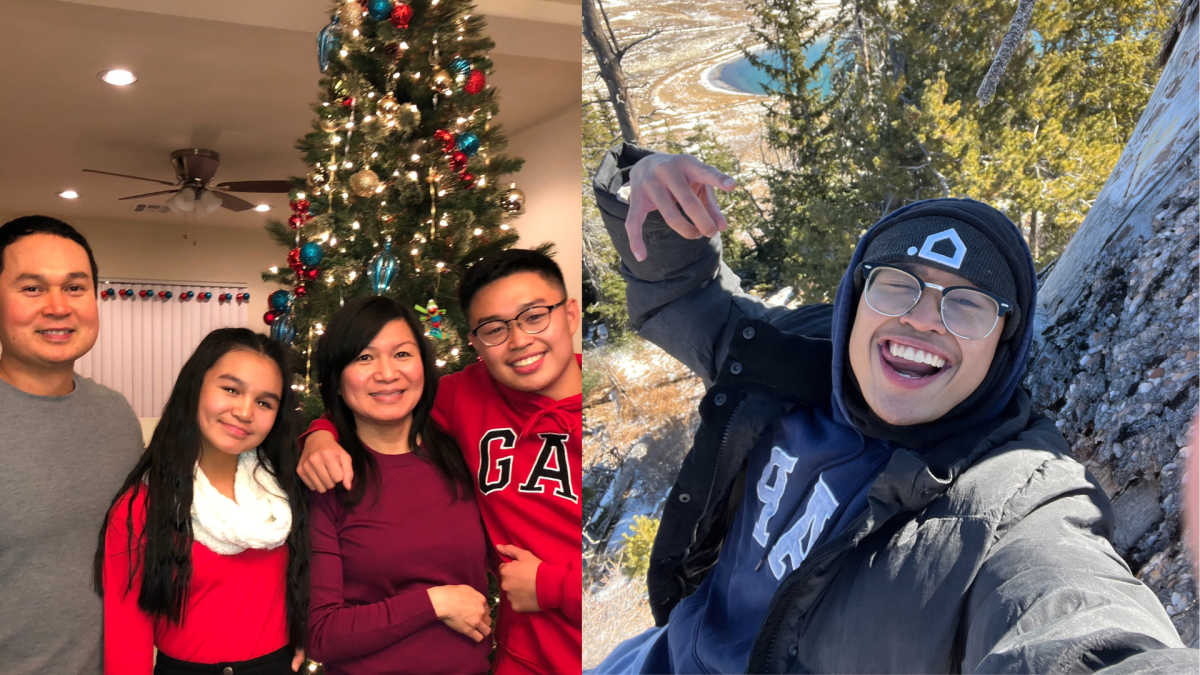
![Displaying a QR code for students to scan, the flyer allows students to sign up and learn about their desired colleges as they visit throughout the school year. Many schools have had additional presentations for students to learn more about what they offer. “For me, I’m interested in criminal justice,” junior Zion Jefferson said. “I know that UNLV and Nevada State University have this major. But, [the college fair] is going to be beneficial, so I can see what other schools offer as well.”](https://southwestshadow.com/wp-content/uploads/2025/10/IMG_2721-1200x900.jpg)




